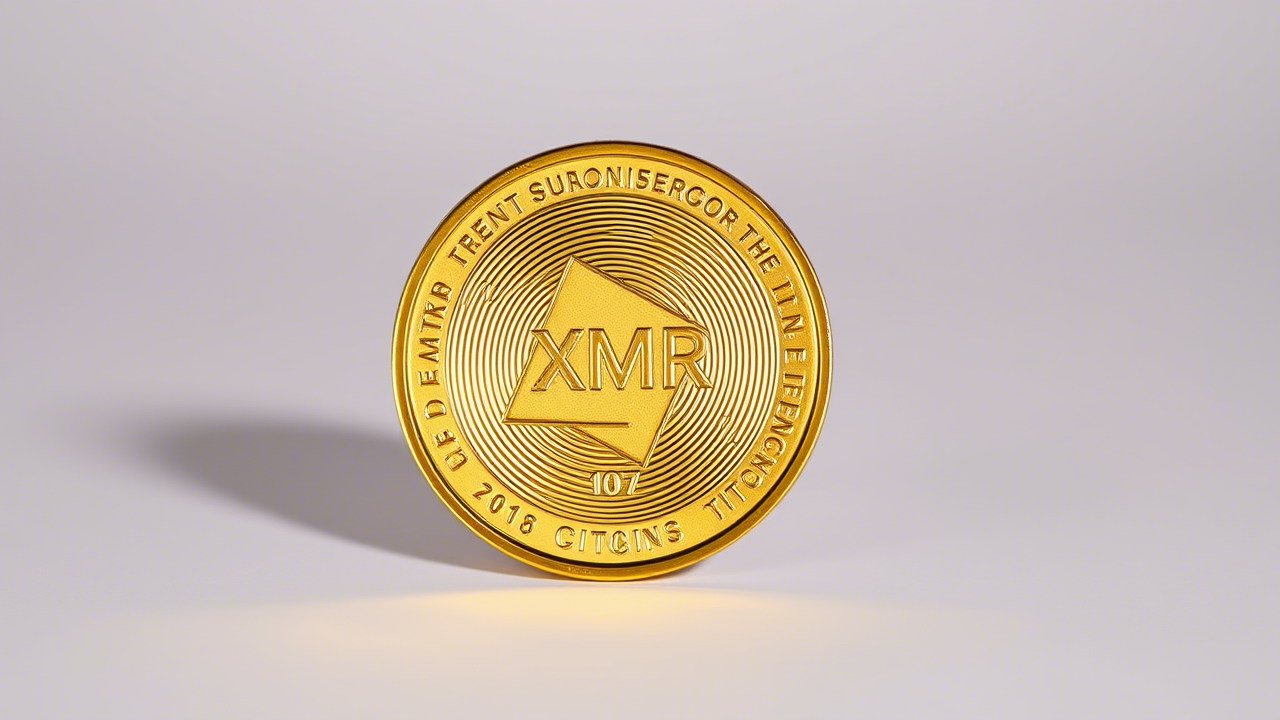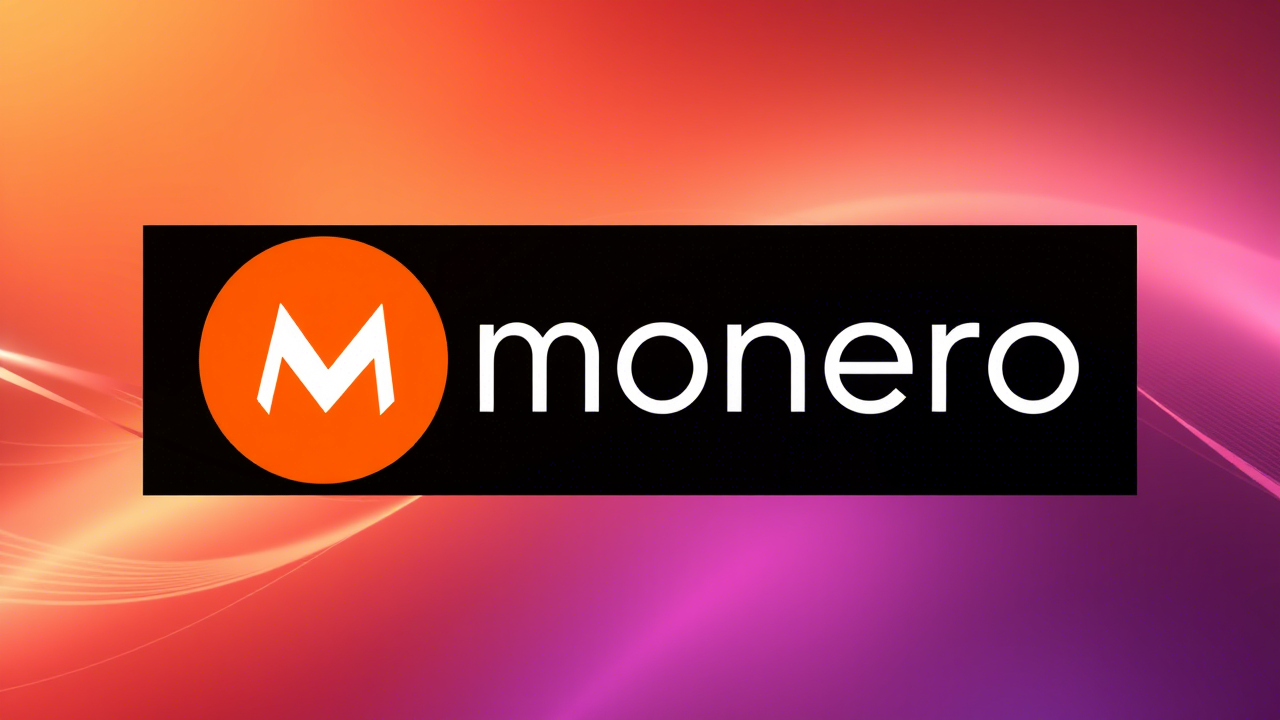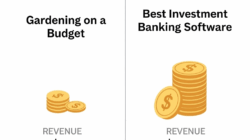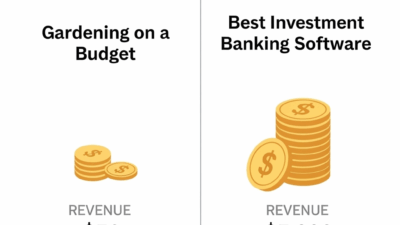Monero (XMR) stands out as a beacon of privacy and security in the ever-evolving world of cryptocurrencies. Unlike Bitcoin or Ethereum, which offer transparent blockchains, Monero is designed to provide complete anonymity for its users. Whether you’re a crypto enthusiast or a newcomer, understanding Monero is essential to grasping the importance of privacy in the digital age. This article will dive deep into what makes Monero unique, how it works, and why it has become a favorite among those who value financial confidentiality.
Monero was launched in 2014 as a fork of Bytecoin, another privacy-focused cryptocurrency. However, Monero quickly distinguished itself by prioritizing decentralization, security, and untraceability. “Monero” means “coin” in Esperanto, reflecting its global vision for a private and inclusive financial system. Over the years, Monero has gained a reputation as the go-to cryptocurrency for those who want to keep their transactions confidential.
But why is privacy so crucial in cryptocurrency? In a world where financial transactions are increasingly digitized, the lack of privacy can lead to surveillance, censorship, and even theft. Monero addresses these concerns using advanced cryptographic techniques to ensure every transaction is private, secure, and untraceable. Let’s explore the key features and concepts that make Monero a private coin leader.
The Technology Behind Monero: How It Works
A combination of cutting-edge technologies powers Monero’sMonero’s privacy features. These include ring signatures, stealth addresses, and Ring Confidential Transactions (RingCT). Each component plays a crucial role in ensuring that Monero transactions remain confidential.
Ring signatures mix a user’s transaction with others, making it nearly impossible to determine who initiated the transaction. This creates a “ring” of possible senders, effectively obscuring the trustworthy source of the funds.
Stealth addresses add another layer of privacy by generating a unique, one-time address for each transaction. This means that even if someone knows your public Monero address, they cannot link it to any specific transaction.
RingCT, introduced in 2017, further enhances privacy by hiding the transacted amount. This ensures that the sender and receiver are anonymous and that the transaction amount is concealed.
These technologies make Monero one of the most private and secure cryptocurrencies.

Why Monero is More Private Than Bitcoin
Bitcoin is often hailed as the pioneer of cryptocurrencies, but its transparency is a double-edged sword. Every Bitcoin transaction is recorded on a public ledger, meaning anyone can trace the flow of funds. While Bitcoin addresses are pseudonymous, they can still be linked to real-world identities through analysis and investigation.
Monero, on the other hand, is designed to be completely private. Its use of ring signatures, stealth addresses, and RingCT ensures that transactions cannot be traced or linked to specific users. This makes Monero a preferred choice for those who prioritize financial privacy.
Fungibility: What Makes Monero Unique
Fungibility is a key concept in economics. It refers to the ability of a good or asset to be interchangeable with others of the same type. For example, one dollar bill is fungible with another because they hold the same value.
In cryptocurrencies, fungibility is crucial for maintaining privacy and security. Bitcoin’sBitcoin’s transparent ledger means that certain coins can be “tainted” if they are associated with illegal activities. This can lead to those coins being blocked or devalued.
Monero, however, is fully fungible. Because every transaction is private, no Monero coin can be traced or tainted. This ensures that all Monero coins are equal in value and acceptance, making it a genuinely fungible cryptocurrency.
Mining Monero: How It Differs from Bitcoin Mining
Mining is the process of validating transactions and adding them to the blockchain. Bitcoin and Monero use mining, but they do so in very different ways.
Bitcoin mining relies on specialized hardware called ASICs (Application-Specific Integrated Circuits), which are expensive and energy-intensive. This has led to the centralization of Bitcoin mining, with a few large players dominating the network.
Monero, on the other hand, uses a mining algorithm called RandomX, which is designed to be ASIC-resistant. This means that Monero can be mined using standard CPUs, making it more accessible to everyday users. This approach promotes decentralization and ensures no single entity can control the Monero network.
The Role of Decentralization in Monero’sMonero’s Ecosystem
Decentralization is a core principle of Monero. Unlike some cryptocurrencies controlled by a central authority or company, Monero is maintained by a global community of developers and users.
This decentralized approach ensures that no single entity can dictate Monero’sMonero’s future. It also makes the network more resilient to censorship and attacks.
Monero’sMonero’s Security Features: Protecting Your Funds
Security is a top priority for Monero. In addition to its privacy features, Monero employs robust encryption and cryptographic techniques to protect users ‘ funds.
One key security feature is using a private view key and a spend key. The private view key lets users view their transaction history, while the spend key authorizes transactions. This two-key system ensures that the other remains secure even if one key is compromised.
The Future of Monero: What’s Next?
Monero continues to evolve, with regular updates and improvements to its protocol. The Monero community is actively working on enhancing its privacy features, scalability, and usability.
One of the most anticipated developments is the integration of Triptych, a new type of ring signature that could further improve Monero’s privacy and efficiency.

Monero vs. Other Privacy Coins: How Does It Compare?
While Monero is the most well-known privacy coin, it’s not the only one. Other privacy-focused cryptocurrencies include Zcash, Dash, and Grin.
Zcash uses a technology called zk-SNARKs to provide privacy, but users must opt into private transactions. Dash offers optional privacy through a PrivateSend feature, but it’s less robust than Monero’s built-in privacy.
Grin, a newer privacy coin, uses a technology called Mimblewimble to achieve privacy and scalability. However, it lacks some advanced features that make Monero so powerful.
The Legal and Ethical Implications of Monero
Monero’s privacy features have made it a target for regulators and law enforcement. Some argue that Monero could be used for money laundering or tax evasion.
However, privacy advocates counter that financial privacy is a fundamental right. They argue that Monero is necessary for protecting individuals from surveillance and censorship.
How to Buy, Store, and Use Monero
If you’re interested in using Monero, the first step is to acquire some XMR. You can buy Monero on cryptocurrency exchanges like Binance, Kraken, or Coinbase.
Once you have Monero, you’ll need a secure wallet to store it. The official Monero wallet, the Monero GUI, is a popular choice. Hardware wallets like Ledger and Trezor also support Monero.
Using Monero is straightforward. Send XMR to a recipient’s Monero address, and the transaction will be private and secure.
Conclusion: Why Monero Matters
Monero represents a significant step forward in the quest for financial privacy. Its innovative technologies and commitment to decentralization make it a powerful tool for protecting individual freedoms in the digital age. Whether you’re a privacy advocate, a crypto enthusiast, or just curious about the future of money, Monero is a cryptocurrency worth exploring.
In a world where privacy is increasingly threatened, Monero offers a glimpse of what a truly private and secure financial system could look like. So, the next time you think about cryptocurrencies, remember Monero—the coin that puts privacy first.
This article provides a comprehensive overview of Monero, covering its technology, features, and significance in cryptocurrency. By understanding Monero, you can better appreciate the importance of privacy and security in the digital age.







